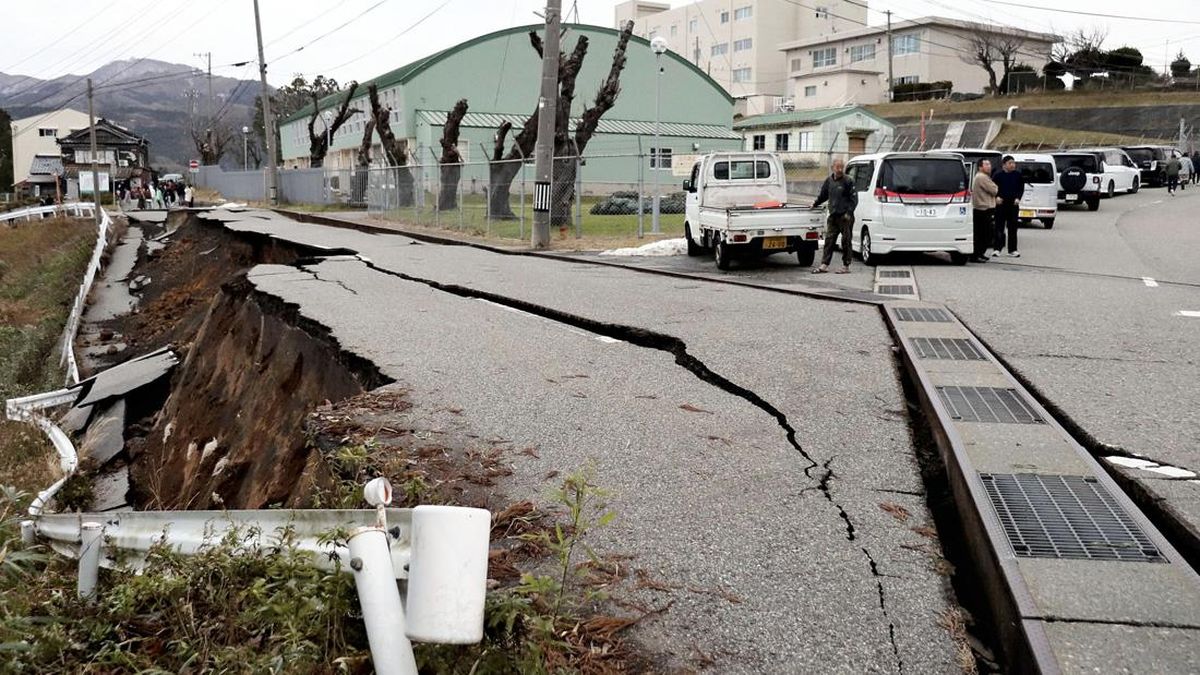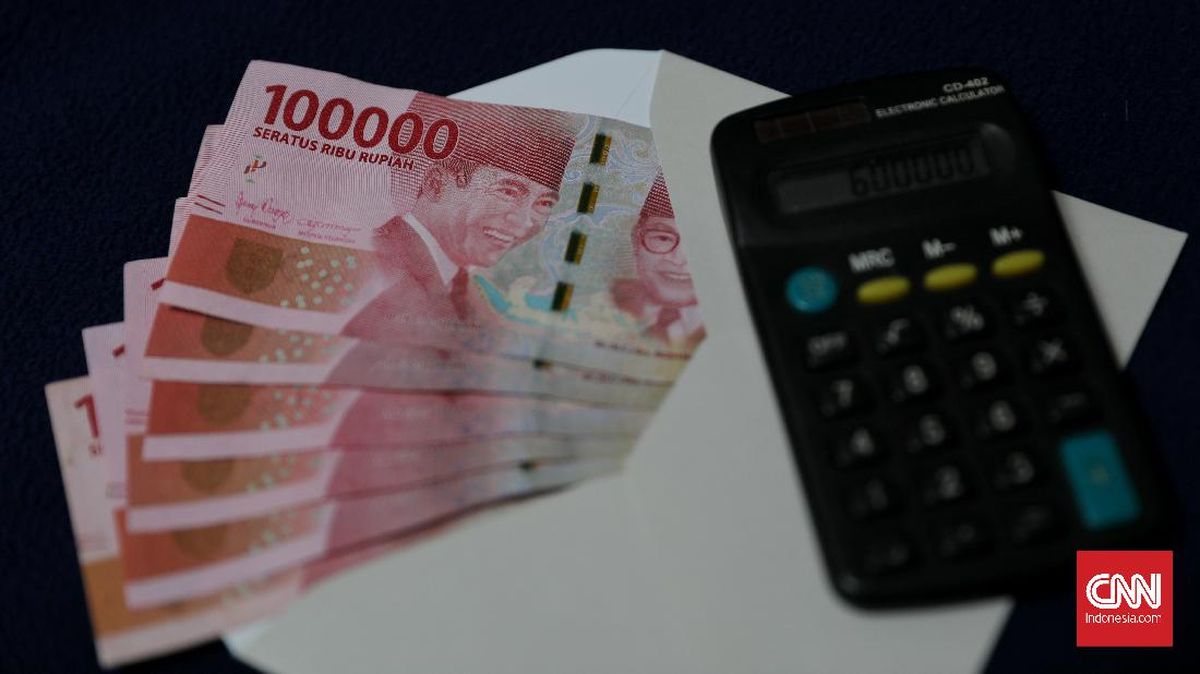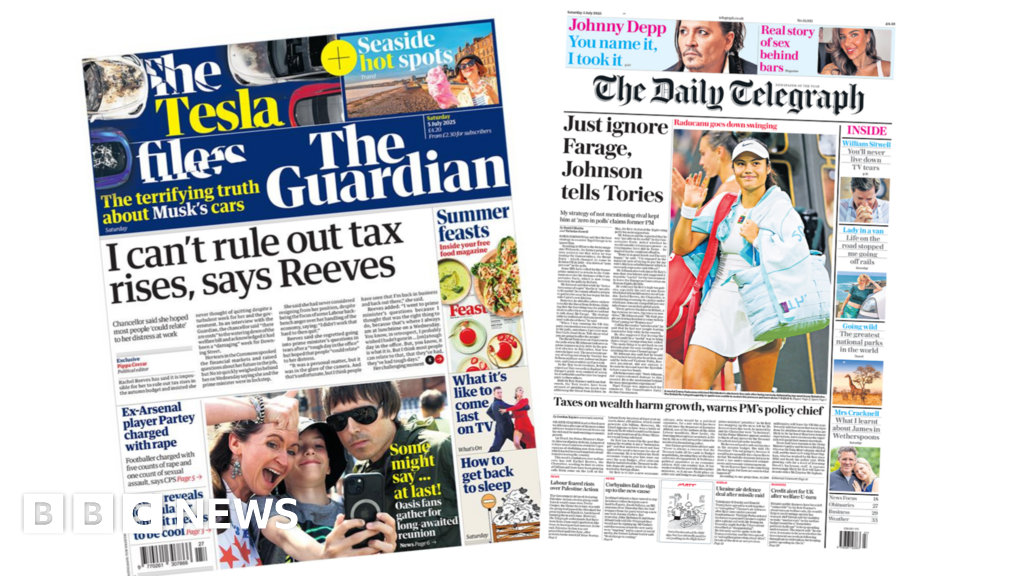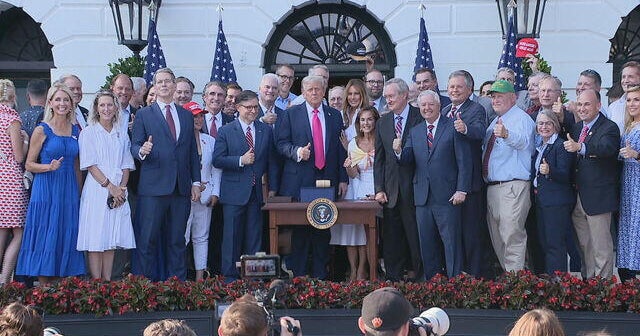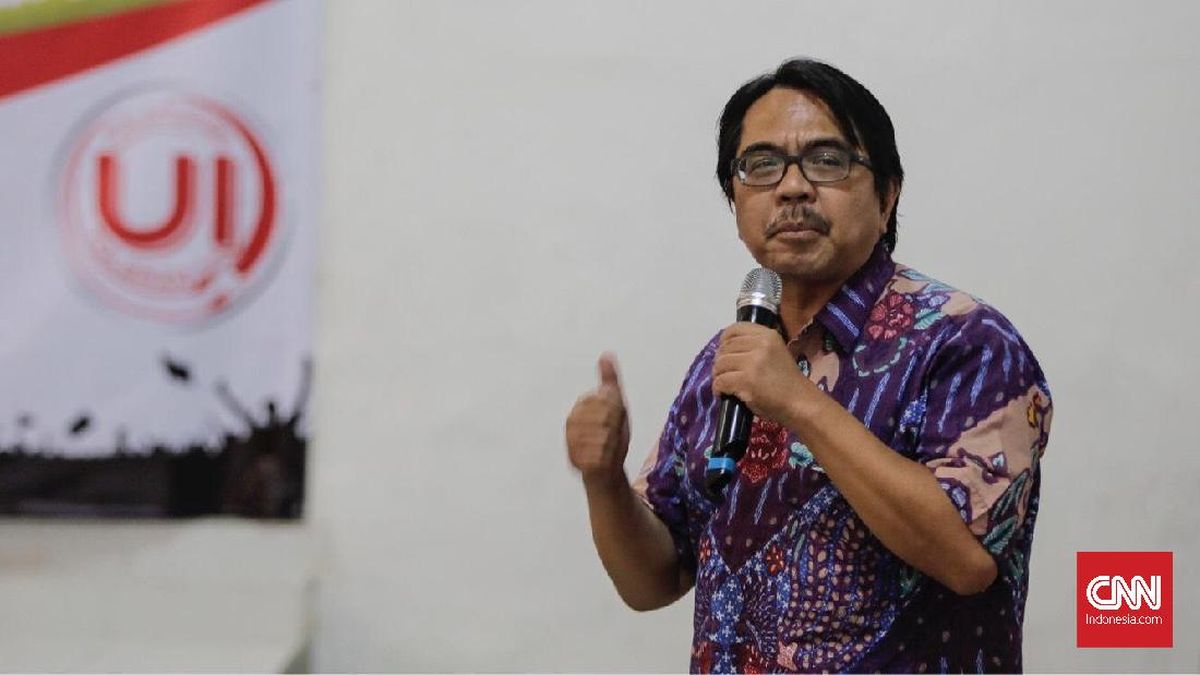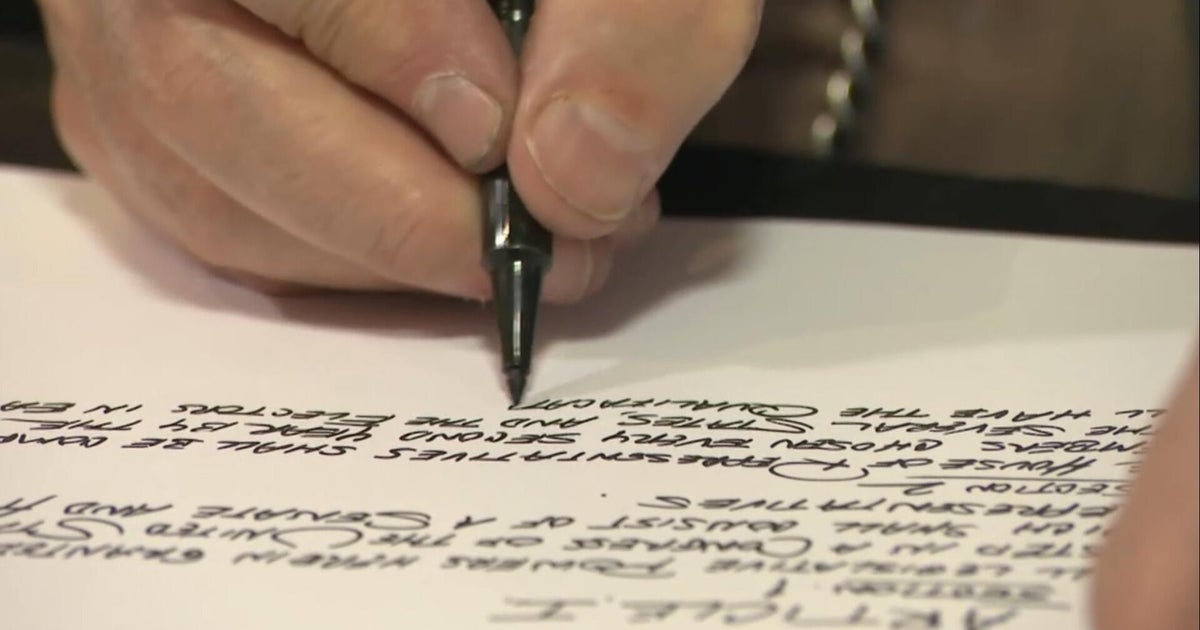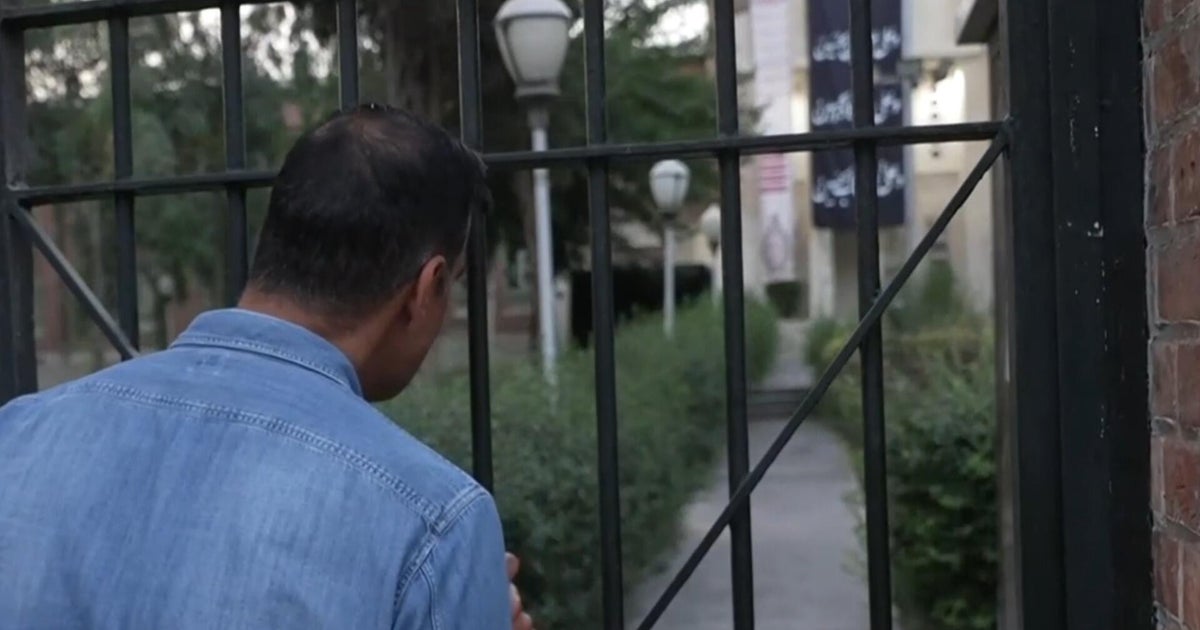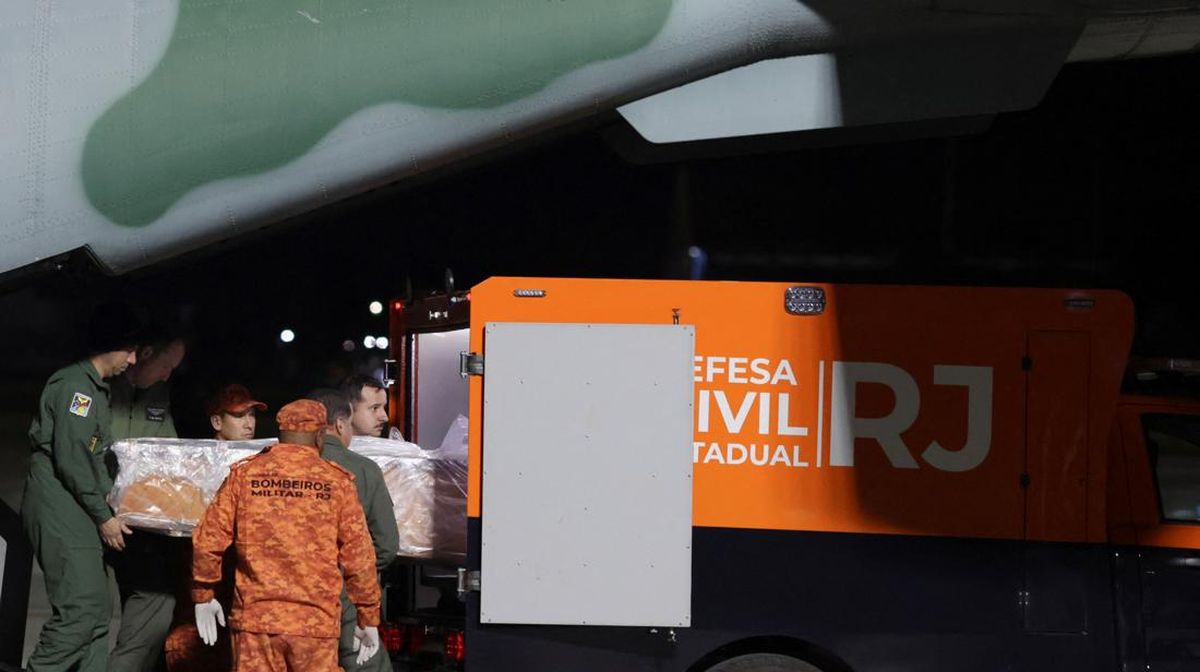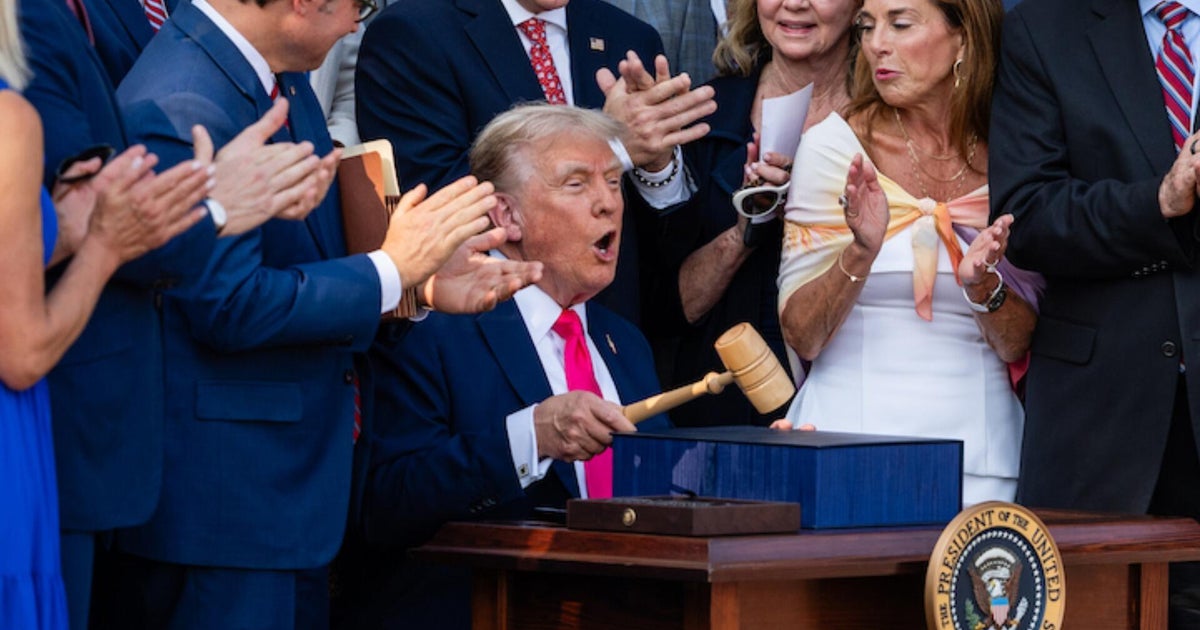Australia’s struggling culture sector could be handed much-needed extra funding under plans to use a radical shakeup of the nation’s tax system to alleviate the burden of rising costs, rapidly shifting audience trends and waning philanthropic support.
Exempting prize money from GST, giving wealthy benefactors added incentives to donate, taxing vacant commercial spaces and allowing arts workers to claim new expenses are options being considered by the NSW government as part of the bid to convince their federal counterparts of the need for urgent reform.

Live Performance Australia says a pre-production rebate will see more homegrown hits like The Picture of Dorian Gray.Credit: Marc Brenner
Arts Minister John Graham will on Saturday call a cultural arts tax summit at the Sydney Opera House for September 26, with any changes potentially applying to galleries, libraries and museums; performing arts like theatre, dance and comedy; music; screen and digital games; visual arts and crafts; literature and writing; and the design, architecture and fashion industries.
“This will be the most unusual show the Opera House has hosted and its impact could last generations,” Graham said of the impending summit.
The gathering will take place just weeks after federal Treasurer Jim Chalmers hosts a productivity roundtable which will hear suggestions for tax reform from business, unions and independent bodies including the Reserve Bank.
“It is time to talk tax,” Graham said. “Two of the biggest levers governments have to support the arts and creative sectors are regulatory change and funding. If tax boffins and creatives can agree on something then our nation should take notice.”

It’s time to talk tax, says Arts Minister John Graham.Credit: Oscar Colman
The rethink on tax is an acknowledgement that government grants alone cannot help the sector tackle growing costs, changing audience demands, evolving media markets and shifts in the geopolitical landscape – including tariffs.
With limited tax levers – mainly on property taxes which could help unlock vacant spaces – NSW requires help from the federal government and other states for reform. The matter was raised at a meeting of cultural ministers last month and well received. Tax reform is likely to be on the agenda of federal Arts Minister Tony Burke when he revisits his five-year cultural policy, Revive, next year.
NSW Treasurer Daniel Mookhey will attend along with 150 donors, venue operators, patrons, partners, and tax and economic experts: “The sector is telling us that tax policy settings are a significant impediment to artists’ business viability, international competitiveness and income stability,” he said.
The sector generates $122.3 billion for the NSW economy as a gateway state for screen, music and the performing arts.
The average income of professional artists in Australia is $54,500, drawn from insecure project-and commission-based work. A writer’s annual average income is just $18,000, and the median annual income for musicians is $15,000.
Live Performance Australia (LPA) is championing a 40 per cent production incentive rebate, modelled on the UK’s Theatre Tax Relief Model.
Its analysis shows a concession for preproduction costs for commercial and non-profits such as Opera Australia, Sydney Theatre Company and Michael Cassel Group could stimulate 168 new local productions and bring in an extra $24.3 million to government coffers, even after foregone tax is considered.
As the tax system is currently framed, it’s cheaper to produce new works in the UK and ship them back into Australia, according to LPA president Richard Evans. He said the LPA was confident of broad support for tax reform among all levels of government.
“LPA has been suggesting the idea of production tax offsets for some time now as an activity-based measure to assist companies in making creative work in the commercial and subsidised sector,” he said.
“What we are seeing is a number of productions developed offshore with their first season in the UK before they are brought here. So many of the jobs and skills are exported, so with this change, we would have productions generating the jobs and skills we need back in Australia.”
Another option on the table is for Australia to allow artists to receive more income from other sources and still be able to claim for expenses related to their art production. The current limit of $40,000 has been unchanged for 25 years.
New Zealand generally exempts prize money from GST, which can help artists avoid registering for GST when they have a high-income year. Several European countries with much higher standard rates of GST have reduced rates of GSTs for the creative industries to boost incomes.
Loading
A discussion paper to be issued by the NSW government also looks to Finland, where grants and scholarships awarded by public bodies are entirely tax-exempt when used for artistic purposes. Prize money is generally considered taxable in Finland, but there is an exemption for prizes that recognise artistic merit and is not a payment for services or a commissioned work.
In France, artists earning less than $139,000 per year can apply a flat 34 per cent deduction to account for their professional expenses. No receipts or bookkeeping is required. The remaining 66 per cent is taxed as personal income. As of 2020, over 60,000 French artists were enrolled.
The country also runs the Le Mécénat scheme which offers tax relief for corporate donors contributing to activities of public benefit, including the arts. Across Australia, corporate sponsorship has dropped precipitously since COVID.
The discussion paper warns the reform process would need to demonstrate value for money for taxpayers: “Tax reform isn’t free,” it notes. “Governments need to account for foregone revenue in the same way that they account for new spending. This means any reform initiatives with fiscal impacts would need to be considered through future budget processes.”
Most Viewed in Culture
Loading

